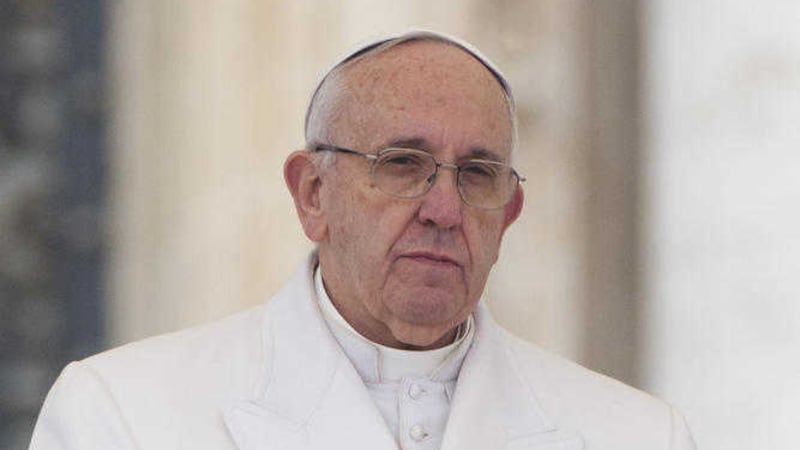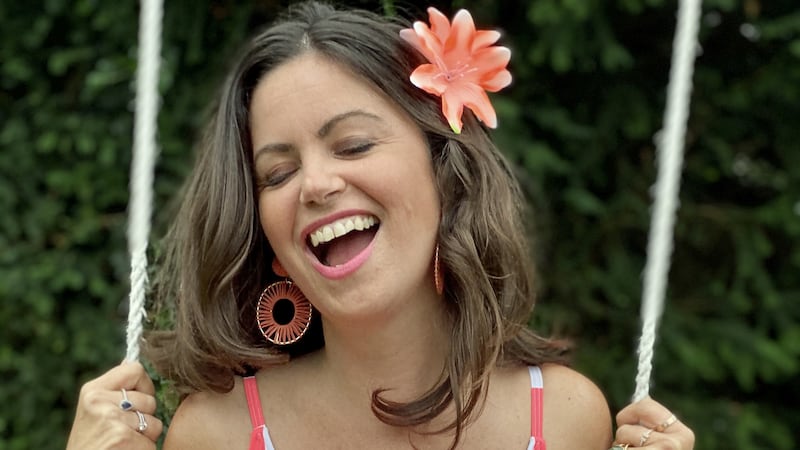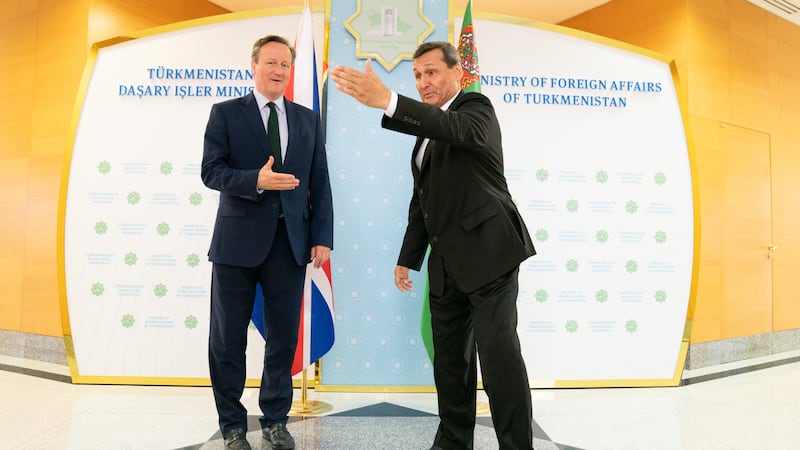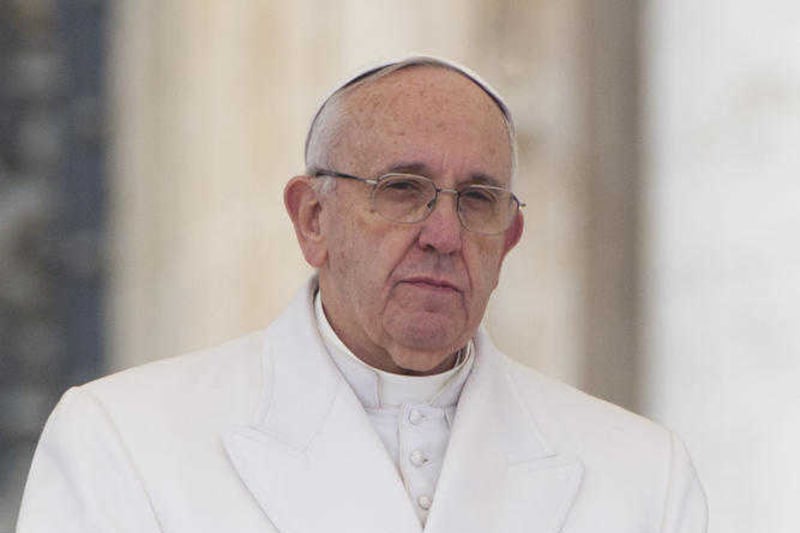POPE Francis and the leader of the Russian Orthodox Church will meet in Cuba next week in a historic step to heal the 1,000-year-old schism that divided Christianity between East and West.
The February 12 meeting between Francis and Patriarch Kirill will be the first between the leaders of the Catholic Church and the Russian Orthodox Church, which is the largest in Orthodoxy.
They will meet at Havana Airport, where they will speak privately for about two hours and then sign a joint declaration, the Vatican said.
"This event has extraordinary importance in the path of ecumenical relations and dialogue among Christian confessions," said Vatican spokesman the Rev Federico Lombardi.
The two churches split during the Great Schism of 1054 and have remained estranged over a host of issues, including the primacy of the pope and Russian Orthodox accusations that the Catholic Church is poaching converts in former Soviet lands.
Those tensions have prevented previous popes from meeting the Russian patriarch, even though the Vatican has long insisted that it was merely ministering to tiny Catholic communities in largely Orthodox lands.
The persecution of Christians – Catholic and Orthodox – in the Middle East and Africa has brought the two churches closer together. Both have been outspoken in denouncing attacks on Christians and the destruction of Christian monuments, particularly in Syria.
The meeting, which was announced jointly at the Vatican and in Moscow, marks a major development in the Vatican's long effort to bridge the divisions in Christianity.
In the joint statement, the two churches said the meeting "will mark an important stage in relations between the two churches. The Holy See and the Moscow Patriarchate hope that it will also be a sign of hope for all people of good will. They invite all Christians to pray fervently for God to bless this meeting, that it may bear good fruits".
There are still core disagreements between the Holy See and the Russian Church, in particular on various Orthodox churches in western Ukraine.
The conflict centres on the Ukrainian Greek Catholic Church, the country's second-largest, which follows eastern church rites but answers to the Holy See. The Russian Orthodox Church has considered western Ukraine its traditional territory and has resented papal influence there.
The Vatican has also long nurtured ties with the Istanbul-based Ecumenical Patriarch, Bartholomew I, who is considered "first among equals" within the Orthodox Church. Starting with Pope Paul VI, various popes have called upon the Ecumenical Patriarch in hopes of bridging closer ties with the Orthodox faithful.
But the Russian Orthodox Church has always kept its distance from Rome. Joint theological commissions have met over the years and the Russian church's foreign minister has made periodic visits to Rome, but a pope-patriarch meeting has never been possible until now.
The location of the meeting is significant. It has long been assumed that a "neutral" third country would be selected for any pope-patriarch encounter, but it had always been assumed that it would be somewhere in Europe.
Francis, however, played a crucial role in ending the half-century Cold War estrangement between the US and Cuba.
That the one-time Soviet outpost in the Caribbean will now play a role in helping heal the 1,000-year schism between the Catholic and Russian Orthodox churches is a remarkable feat of geopolitical and ecumenical choreography that may also thrust President Raoul Castro into the spotlight, given that he will greet the Pope upon his arrival and preside over the signing of the joint declaration.



